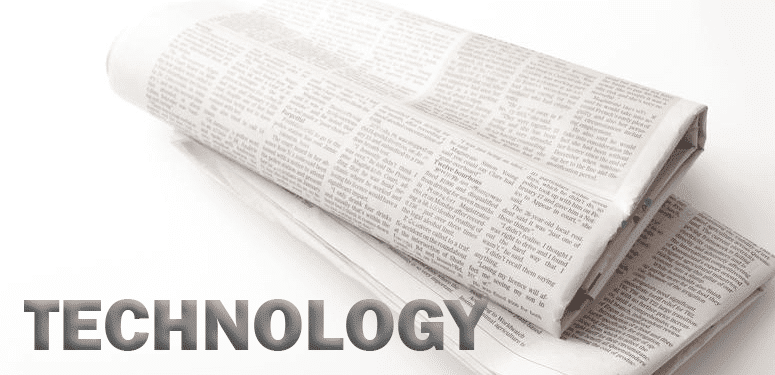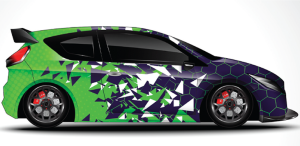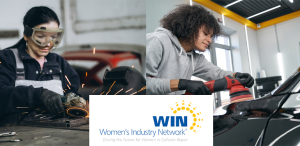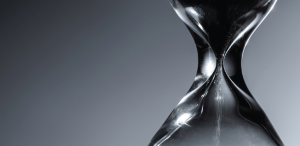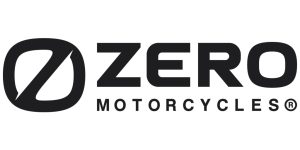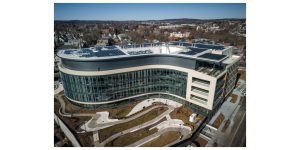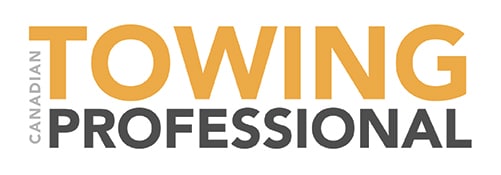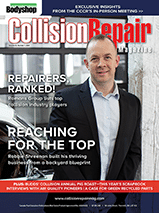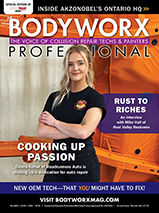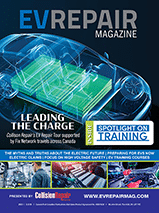BOTS AND BUILDERS
Tesla has expanded the use of automated assembly robots to its Fremont, California factory, following the City of Fremont granting Tesla a permit to install “power and structural anchorage to support two new robots required to automate fascia inspection.” According to a Drive Tesla Canada, this decision may have come from build quality complaints regarding Fremont factory vehicles—a contrast to newer factories which use quality control robots, automatically scanning vehicles for various deficiencies. A source familiar with plans said these robots are produced by EINES, a company that develops automated systems suited for measurement, error detection and machine vision in the automotive manufacturing sphere.

OE CLARITY
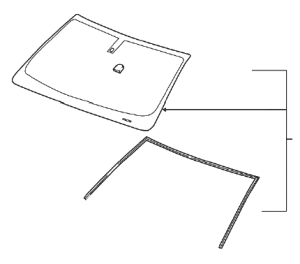 General Motors has issued an updated position statement on its standards for aftermarket glass replacements, hammering home the opinion that non-OEM glass could compromise the safety standards of their vehicles. The legacy automaker asserts that any glass but its own will cause problems with sensor systems that are housed within the windshield. “With the safety of our customers at the center of everything we do, it is critical a service point calibration/learn to be performed whenever a front view windshield camera or sensor is removed and reinstalled or replaced, or when a windshield is removed and reinstalled or replaced,” the statement said. Several other OEMs, including Ford and Volvo, have issued similar position statements regarding windshield replacements.
General Motors has issued an updated position statement on its standards for aftermarket glass replacements, hammering home the opinion that non-OEM glass could compromise the safety standards of their vehicles. The legacy automaker asserts that any glass but its own will cause problems with sensor systems that are housed within the windshield. “With the safety of our customers at the center of everything we do, it is critical a service point calibration/learn to be performed whenever a front view windshield camera or sensor is removed and reinstalled or replaced, or when a windshield is removed and reinstalled or replaced,” the statement said. Several other OEMs, including Ford and Volvo, have issued similar position statements regarding windshield replacements.
RIGHT ON TARGET
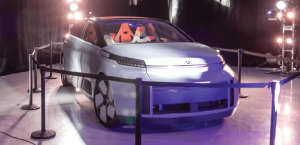 Two years after the first announcement of Project Arrow, the all-Canadian concept car made its debut on the international stage. Unveiled in January at the Consumer Experience Show in Las Vegas, Project Arrow showcases the design efforts of 58 Canadian industry partners. Everything from seats to advanced cyber security has been sourced from a Canadian company, says the Automotive Parts Manufacturers’ Association (APMA). “The Ontario government challenged us to build this vehicle and they were the first to support us when we launched Project Arrow,” said Flavio Volpe, president, APMA. “This investment is just another part of this government’s incredible and unprecedented commitment to Ontario’s automotive industry.”
Two years after the first announcement of Project Arrow, the all-Canadian concept car made its debut on the international stage. Unveiled in January at the Consumer Experience Show in Las Vegas, Project Arrow showcases the design efforts of 58 Canadian industry partners. Everything from seats to advanced cyber security has been sourced from a Canadian company, says the Automotive Parts Manufacturers’ Association (APMA). “The Ontario government challenged us to build this vehicle and they were the first to support us when we launched Project Arrow,” said Flavio Volpe, president, APMA. “This investment is just another part of this government’s incredible and unprecedented commitment to Ontario’s automotive industry.”
A HILL TO DIE ON
A BMW owner has discovered a new restriction imposed by the OEM: vehicle software that won’t update when the vehicle is parked on an incline. “In ‘sentences that would make your nan’s head explode’: I can’t update my car because I live on a hill,” tweeted Clare Eliza, the owner of an electric i4 vehicle. This tweet is accompanied by a photo of her vehicle’s screen, which instructs the driver to park the vehicle on level ground as “the road is too steep to start the installation.” For some context to this seemingly unreasonable limitation, this restriction is explained by a former BMW software developer as a precautionary safety feature, rather than a grudge against people on hills. In an interview with Drive Tesla Canada, a BMW Canada spokesperson confirmed that there is no way for owners to override the limitation.


